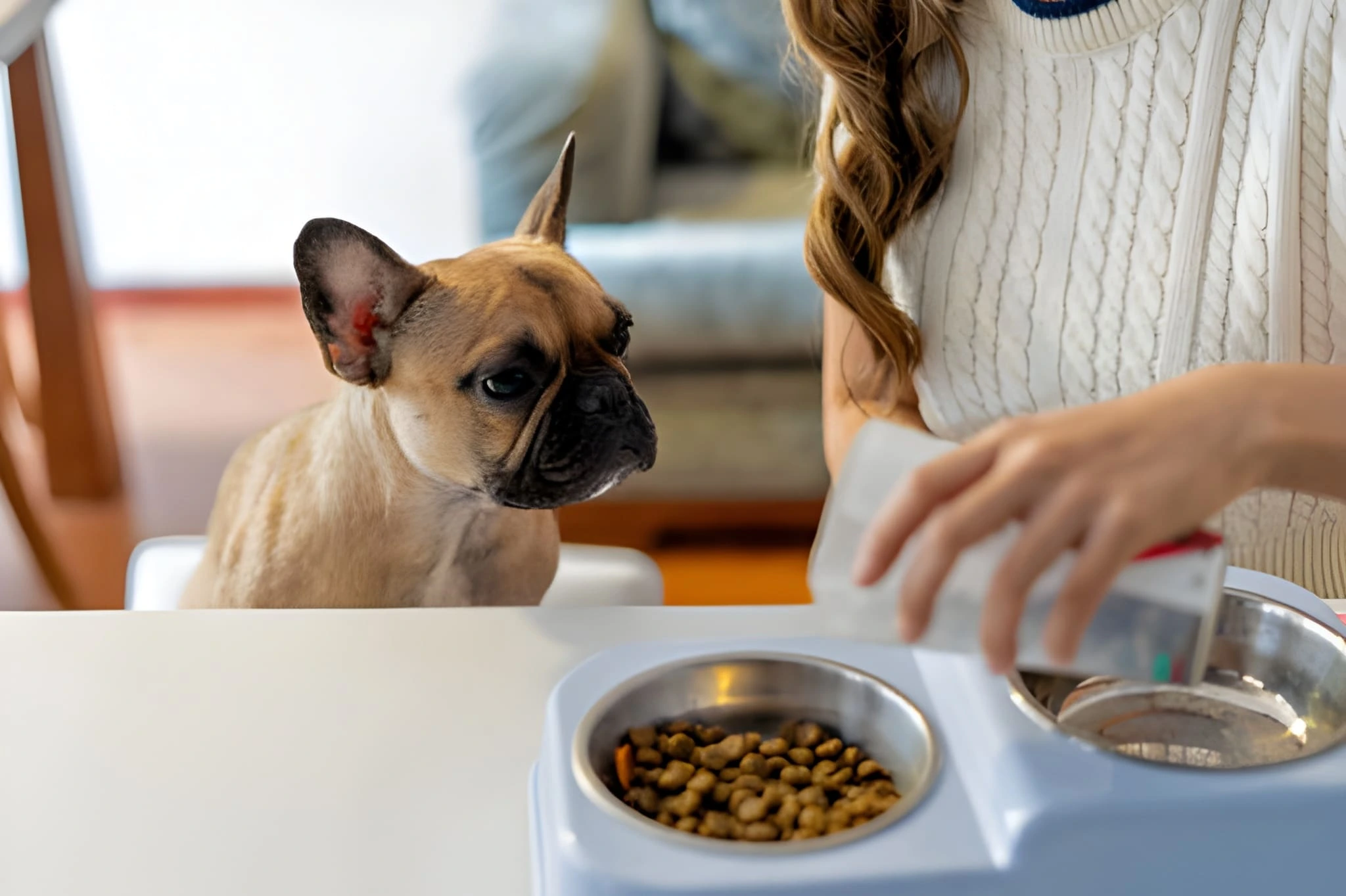
As of 2023 66% of U.S. households own a pet. Dogs are the most popular pet in the United States, with around 65.1 million households owning a dog. If you are one of these pet owners, you have come to the right place.
In this article, we will talk about flaky skin and scabs on dogs and what you must do if your dog has flaky skin. Read on to learn more.
Make Well-Balanced Diet
Quality protein is essential to maintain healthy skin, so feed your dog lean proteins such as white fish and fresh lean meats. Provide a variety of healthy fats such as olive oil, flaxseed oil, fish oil, and coconut oil to help reduce inflammation.
Carbohydrates are also important for healthy skin and to provide a balanced diet. Include complex carbohydrates such as whole grain oats, brown rice, and sweet potatoes. Add in plenty of fruits and vegetables to provide an array of antioxidants, vitamins, and minerals.
Chamomile or Green Tea Bath
Both contain skin-soothing properties that can help reduce inflammation and help treat flaky skin. A chamomile or green tea bath can be created by adding one or two cups of chamomile or green tea to a few cups of warm water.
The solution can then be used to bathe the dog in short 15-20 minute sessions. The warmth of the bath will help open the pores and let the healing properties of the tea soak in. After the bath has dried, the fur should be brushed regularly to help exfoliate the skin and remove any unwanted flakes.
DIY Oatmeal Shampoo
Oatmeal shampoo is typically composed of natural ingredients such as oatmeal and baking soda. Oatmeal helps to soften and soothe the skin and reduce itching and inflammation.
Baking soda helps to moisturize and cleanse the skin. When the two ingredients mix, the shampoo creates a soothing mixture that can help provide relief to your pet. It is important to note that oatmeal shampoo should be used sparingly, as overuse could lead to dryness.
Additionally, you should ensure that you rinse your pet very thoroughly after using the shampoo to avoid any product residue. Finally, it is important to buy a shampoo specifically formulated for your pet’s breed or skin type to ensure the best results.
Create an Apple Cider Vinegar Solution
To create the mixture, mix 1/4 cup of ACV with 1 cup of warm water. Make sure to only use organic, unfiltered ACV. For extra potency, you may opt to add 1 teaspoon of honey or 1/2 teaspoon of sea salt to the solution.
After showering your pup, pour the ACV solution directly on their fur and massage it into the skin. Be sure to avoid the eyes, nose, and mouth as it is quite acidic and may irritate the area.
Finally, rinse the mixture off with lukewarm water until all of it has been removed. If done routinely, the ACV solution should help treat your pup’s flaky skin.
Give Supplements and Vitamins
Supplements for dogs such as probiotics and Omega-3 fatty acids help with skin health and take away itchiness. Probiotics promote a healthy digestive system, reduce inflammation, and boost immunity. Omega-3 fatty acids reduce inflammation, and hydrate and lubricate the skin.
Additionally, Vitamin E helps support the body’s immune system. Biotin can also help with skin health and coat health.
Feeding a high-protein diet with low carbohydrates can help maintain leanness and combat weight gain that can impact skin health. Potassium and Zinc can help with skin repair.
Go to the Vet for Medication
The vet can examine and diagnose the root cause of the problem, such as mites or allergies, and come up with a plan of action. This plan of action could include topical treatments, antibiotics, and/or dietary changes. The vet can also discuss flea and tick prevention, which is essential if the dog is exposed to those parasites.
Before giving any medication, the vet will thoroughly explain how to use it and provide instructions on how much to give your dog and how often to give it. The vet can also help create an at-home care routine and provide follow-up advice as needed. Ultimately, the vet is the best person to help provide the specific care your dog needs to get back to having beautiful, healthy skin.
Get a Humidifier
Humidity helps to moisturize the air, and this can help to prevent dryness. This can be especially important for dogs who suffer from skin conditions like eczema or dandruff, as dry air can make it worse.
A humidifier can also help to keep your home feeling comfortable and reduce the buildup of dust and other allergens. The moist air from a humidifier can also help to keep the pet’s coat and skin looking healthy, reducing the potential for itching and scratching. Finally, a humidifier can also help to reduce static electricity, helping to make life more comfortable for both you and your pup.
Things to Do if Your Dog Has Flaky Skin
If your dog has flaky skin, it is important to seek veterinary advice as soon as possible. Although there are many home remedies that may help, your vet can give an accurate diagnosis and create a treatment plan. Use the advice in this article to help keep your dog healthy and promote healthy skin!
Are you looking for more information on dog skin issues? Our site has more content like this that can help. Visit some of our other blogs today to get more information on health and safety issues.











